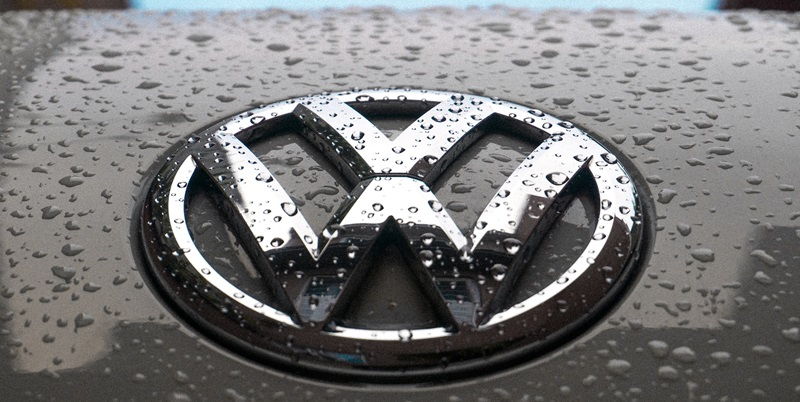The United Auto Workers (UAW) union, along with nonunion employees at Volkswagen Group’s assembly plant in Chattanooga, Tennessee, is once again filing an unfair labor practice complaint against the automaker. This development comes after a series of allegations made by the UAW regarding the company’s social media, dress code, and flyer distribution policies, which they deem as “unlawful” and having a “chilling effect on workers’ rights” to publicly discuss labor conditions and organize.
Unfair labor practice complaints
The UAW and nonunion employees have lodged another complaint against Volkswagen, claiming that the company’s social media policies restrict workers from expressing their opinions about labor conditions. In addition, the dress code and flyer distribution policies are seen as attempts to hinder workers’ right to organize. The UAW insists that these policies are in violation of labor laws and are aimed at suppressing efforts to unionize.
Union support
Significantly, over 1,000 employees at the Chattanooga plant, which accounts for more than 30% of the workforce, have signed union cards, signaling their support for the UAW. This support has energized the UAW’s campaign to organize nonunion automakers in the United States, with Volkswagen being one of their key targets. If successful, the UAW’s efforts could almost double their membership and potentially enhance their influence in the US auto industry.
Additional unfair labor complaints
Last week, the UAW, along with autoworkers employed by Honda, Hyundai, and Volkswagen, filed unfair labor complaints against these automakers. These complaints primarily stem from allegations of union-busting activities designed to impede employees’ efforts to unionize. The UAW vows to fight against any unfair practices and protect workers’ rights to organize.
Retaliation and union-busting
The UAW alleges that the employees at the Chattanooga plant faced retaliation from management for their attempts to organize their co-workers. This claim further strengthens the union’s case against Volkswagen. In response to these allegations, UAW President Shawn Fain visited the Chattanooga plant, accompanied by VW workers and civic leaders. They demanded that the company cease its purported union-busting activities and respect the rights of the workers.
VW’s response
Volkswagen, on the other hand, denies all the allegations made by the UAW. The automaker maintains that its policies and practices comply with labor laws and are not intended to hinder employees’ rights to discuss labor conditions or organize. Volkswagen asserts that it respects the rights of its employees and will continue to cooperate with unions within the legal framework.
Industry-wide wage increases
Interestingly, amidst the ongoing labor dispute, several major automakers, including Honda, Hyundai, Nissan, Subaru, and Toyota, have announced wage increases for their hourly workers in the United States. This development reflects the growing pressure on these companies to address labor concerns and ensure fair compensation for their workers. The wage increases indicate a response to the demands of both unionized and non-unionized employees across the industry.
The United Auto Workers union’s labor dispute with Volkswagen’s assembly plant in Chattanooga continues to escalate. With the filing of another unfair labor practice complaint, the union seeks to challenge the company’s policies, which they believe infringe on workers’ rights. The union’s organizing efforts, supported by a significant number of employees at the Chattanooga plant, have the potential to not only expand the UAW’s membership but also increase its influence in the US auto industry. As the battle between the UAW and Volkswagen unfolds, the outcome will shape the future landscape of labor relations within the American automotive sector.

